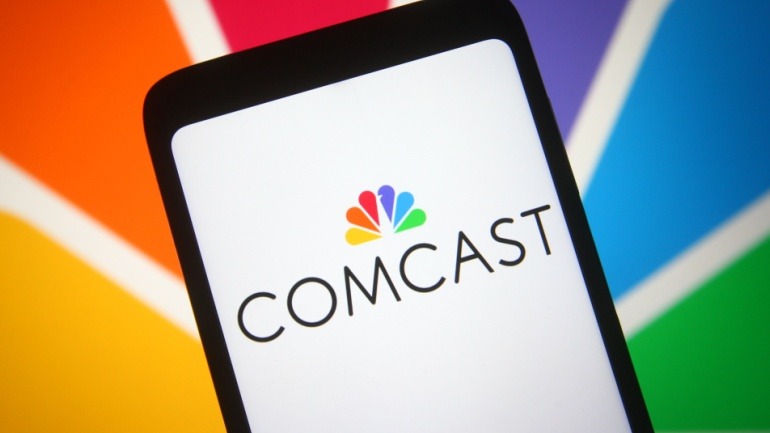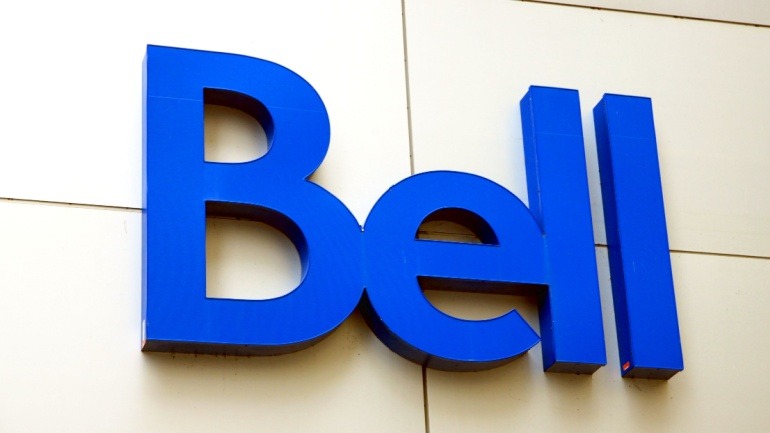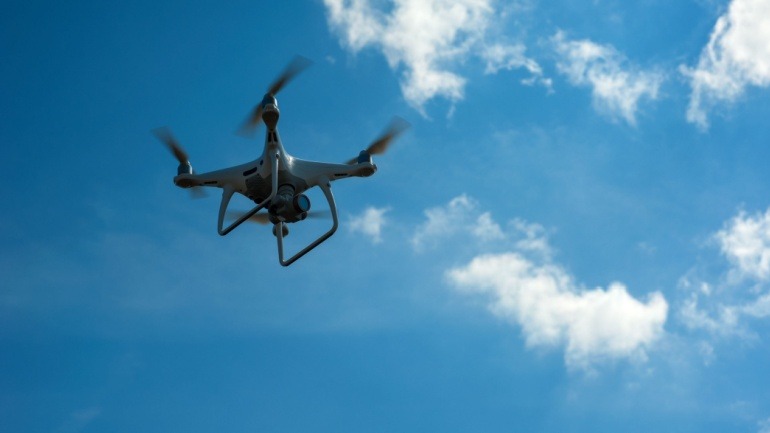Eurofiber and NTT Data’s “Connected Workspace” is redefining digital transformation for Dutch enterprises by integrating private 5G, fiber, and data center infrastructures. This innovative service promises rapid deployment with minimal investments, harnessing Eurofiber’s robust infrastructure.
Zayo Europe is enhancing its footprint in Germany by deploying Ciena’s advanced optical technology across a 3,000 km fibre network. Offering 400G wave services with Ciena’s Reconfigurable Line System and WaveLogic 6 Extreme solutions, Zayo meets rising data demands driven by AI and cloud adoption.
Comcast has seen a 76% increase in network traffic from 2019 to 2024 while reducing power consumption by 11%. Through cloud technologies, AI integration, and energy optimizations, it halved electricity consumption per byte.
Telstra is cutting hundreds of jobs as it ramps up AI adoption to reduce costs and improve efficiency. Amid rising inflation and energy prices, the company is reshaping its workforce and consolidating AI partnerships. CEO Vicki Brady says Telstra will be smaller but more efficient by 2030.
Virgin Media O2 has ramped up its mobile network in Scotland, boosting 4G and 5G services across 13,000 postcodes. As part of a £700 million upgrade plan, the provider targets better coverage in urban areas and tourist spots.
T-Mobile has completed a $2 billion network expansion in Florida, adding and upgrading thousands of sites to boost 5G coverage. The project improves speeds, supports emergency response, and introduces satellite service for remote areas. With major investments in Miami, Tampa, and Orlando, T-Mobile continues expanding its Ultra Capacity 5G network to reach more communities.
CityFibre has begun connecting homes in Buckinghamshire under Project Gigabit, showing progress as many smaller providers exit similar deals. The rollout is part of a larger government contract to expand fibre broadband, while other firms struggle to stay afloat in a tough market.
Bell Canada has sold its stake in MLSE to Rogers, using the proceeds to fund its expansion into the US fibre market. The move aligns with Bell’s strategy to focus on fibre and 5G while retaining key sports content rights through TSN.
Vodafone teamed up with Manna to test how mobile networks can support long-range drone deliveries. While Manna already operates successfully in Ireland and abroad, this collaboration aims to tackle air safety and regulatory hurdles for broader rollout.













